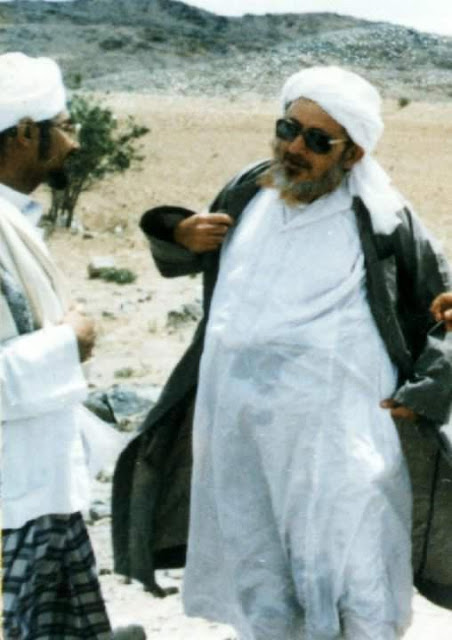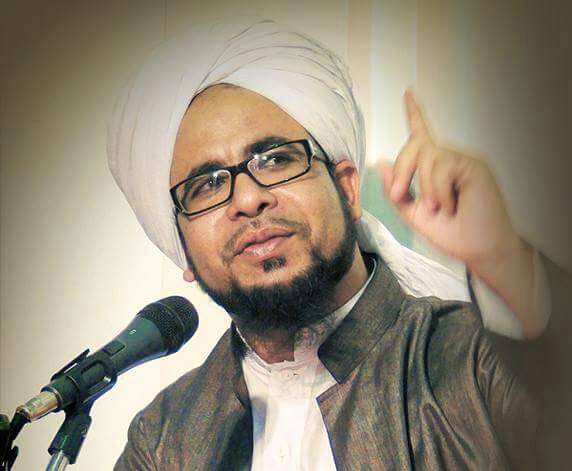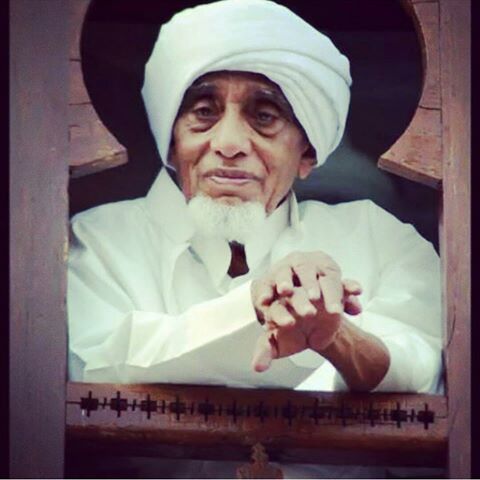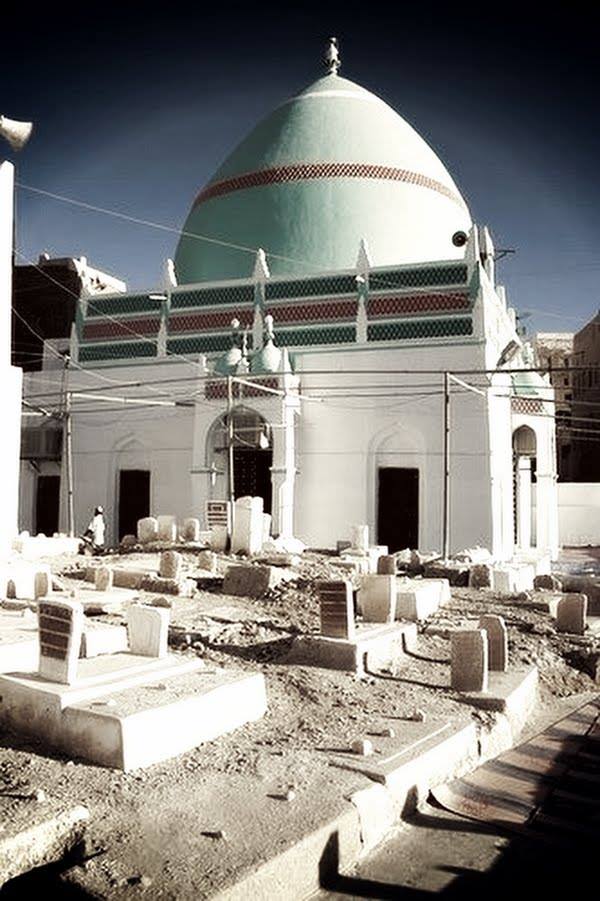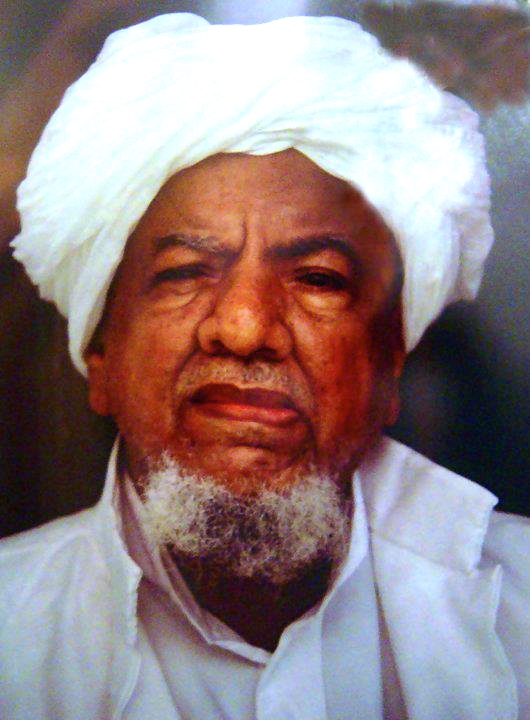In an emotional talk, Habib Umar bin Hafiz reminisced about time spent with his shaykh and mentor, Habib Muhammad al-Haddar. He recalled as a young child seeing him in the company of his father, the shahid Habib Muhammad bin Salim bin Hafiz.
Habib Umar then described meeting Habib Muhammad al-Haddar in his Ribat in al-Bayda. Still a teenager, Habib Umar had left the oppression of South Yemen and was planning to seek knowledge in the Hijaz. Habib Umar was yearning to visit the Prophet ﷺ and spend time in those blessed places, but Habib Muhammad assured him that the spirit of the Prophet was with him in al-Bayda. Continue reading Times with Habib Muhammad al-Haddar: Reminiscing

